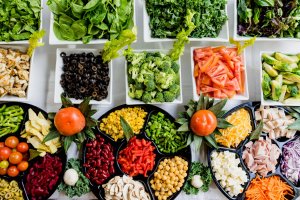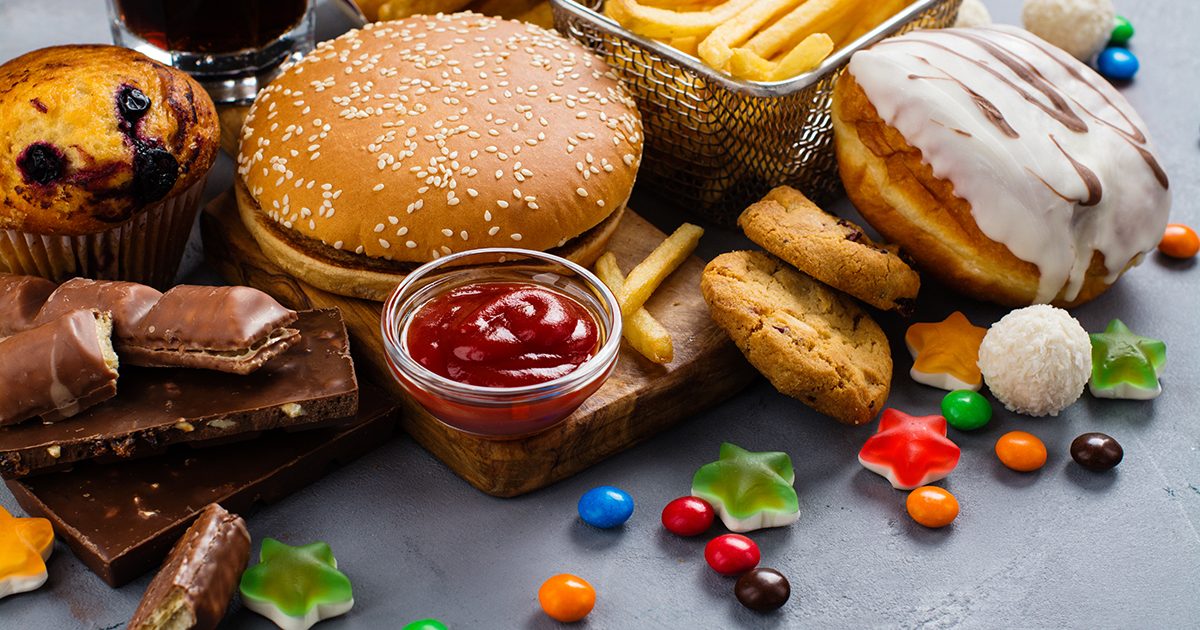Eating 'Ultraprocessed' Foods Increases Colorectal Cancer Risk
- Two new, large-scale studies revealed that eating a lot of “ultraprocessed” foods significantly increases the risk of colorectal cancer in men and can also lead to heart disease and premature death in men and women.
- Ultra-processed foods include pre-packaged products like soups, sauces, frozen pizzas, microwave meals, and foods like hot dogs, ham, salami, bacon, french fries, sodas, sausages, store-bought cookies, cakes, candy, ice cream, and many more.
- Colorectal cancer is the third most diagnosed cancer in the U.S. in men. Colonoscopies screen for this disease.
Two new, large-scale studies revealed that eating a lot of “ultraprocessed” foods significantly increase the risk of colorectal cancer in men, and can also lead to heart disease and premature death in men and women.
Read MoreWhat are Ultra-Processed Foods?
Ultra-processed foods include pre-packaged products like soups, sauces, frozen pizzas, microwave meals, and foods like hot dogs, ham, salami, bacon, french fries, sodas, sausages, store-bought cookies, cakes, candy, ice cream, and many more.
Regular consumption of unhealthy foods also leads to obesity and cardiovascular disease and can impact one’s overall mortality rate.
Instead of cakes and cookies and hot dogs, opt for healthier choices at the grocery store and while ordering takeout. Steer towards leafy greens, “good” fats like salmon and almonds, antioxidant-rich fruits like blueberries, “superfoods” like green tea, and more. Your body and your long-term health will thank you!

Links Between Food & Cancer
Many people, including world-famous doctors, believe that food is medicine.
Marisa Gholson, a Physicians Assistant at Compass Oncology tells SurvivorNet in an earlier interview, "We get questions all the time about whether they should cut out dairy or sugar or soy. And basically what I tell patients is that you should eat a well-balanced diet."
Gholson says, "There's not great evidence that cutting out sugar or dairy or soy is going to slow down or reverse the growth of your cancer. So I think just making sure that you're getting the nutrition that you need."
She says that due to some cancer treatments, like chemo, some people may lose their appetite during their cancer journey. "One of the side effects of chemo can be a loss of appetite," Gholson explains. "You can also taste changes. So when those side effects occur, I tell patients just to try and eat whatever tastes good and to supplement with nutritional shakes like Ensure or Boost, just to make sure that they're getting the nutrition that they need to make it through treatment."
"Everything in moderation," she says.
A Healthy Diet During Ovarian Cancer
Screening for Colorectal Cancer
Colonoscopies are the only way for doctors to detect polyps small white growths on the colon that are usually precancerous so they can remove them, Dr. Zuri Murrell, a colorectal surgeon at Cedars-Sinai Medical Center, previously told SurvivorNet.
"These polyps have no signs, no symptoms," he added. "The only way that you can know you have them is if you do a colonoscopy, and you see them, and you take them out during that procedure. And if you do that, those cannot grow into colon cancer."
It’s vitally important to get screened for colon cancer appropriately rather than taking these at-home screening tests.
The American Cancer Society, as well as SurvivorNet experts, recommend that people at average risk of developing colon cancer start regular screenings at age 45.
Looking for Polyps During Colonoscopy
Learn more about SurvivorNet's rigorous medical review process.


